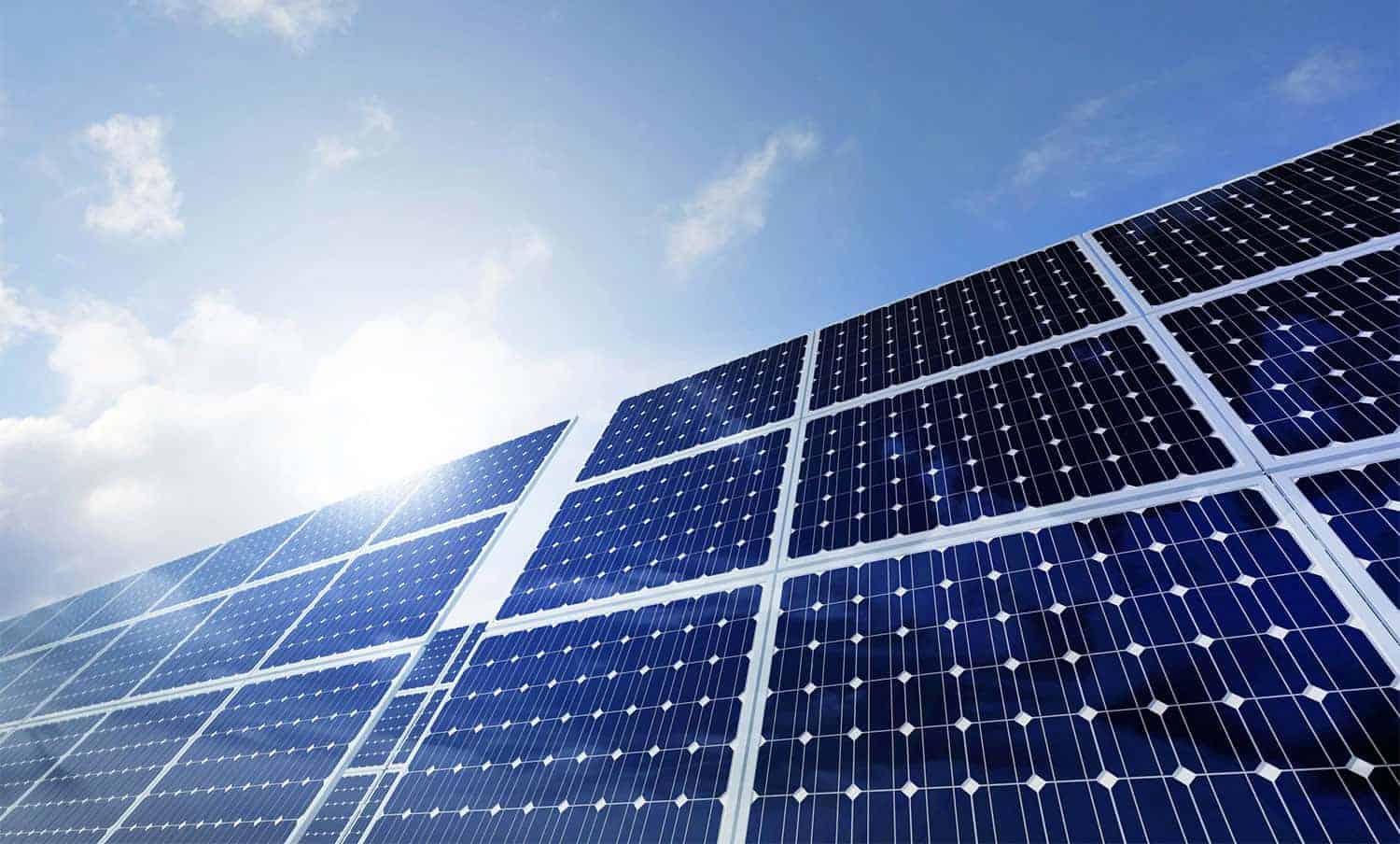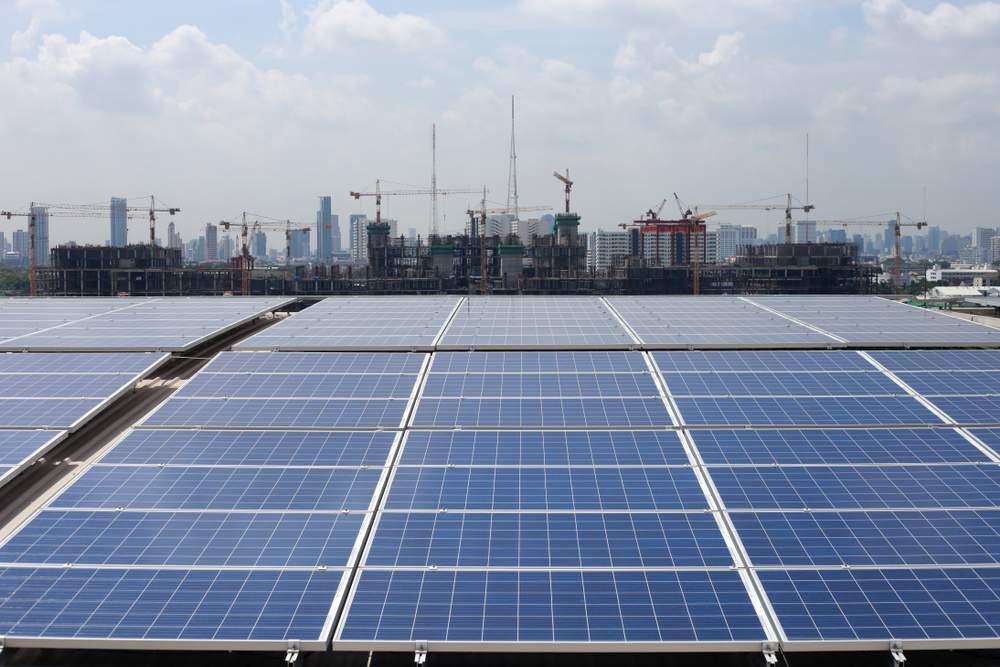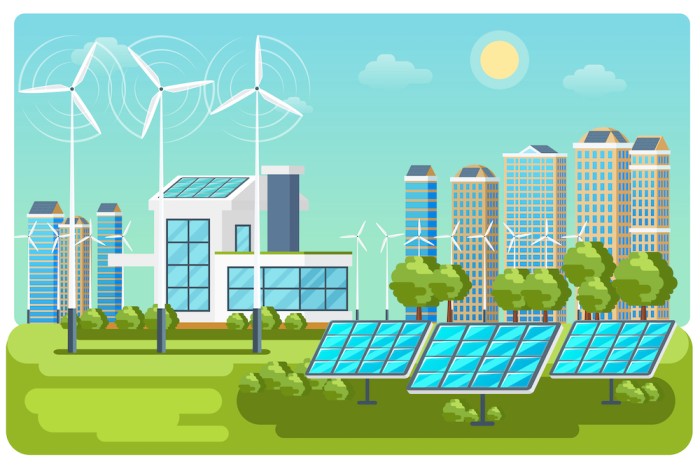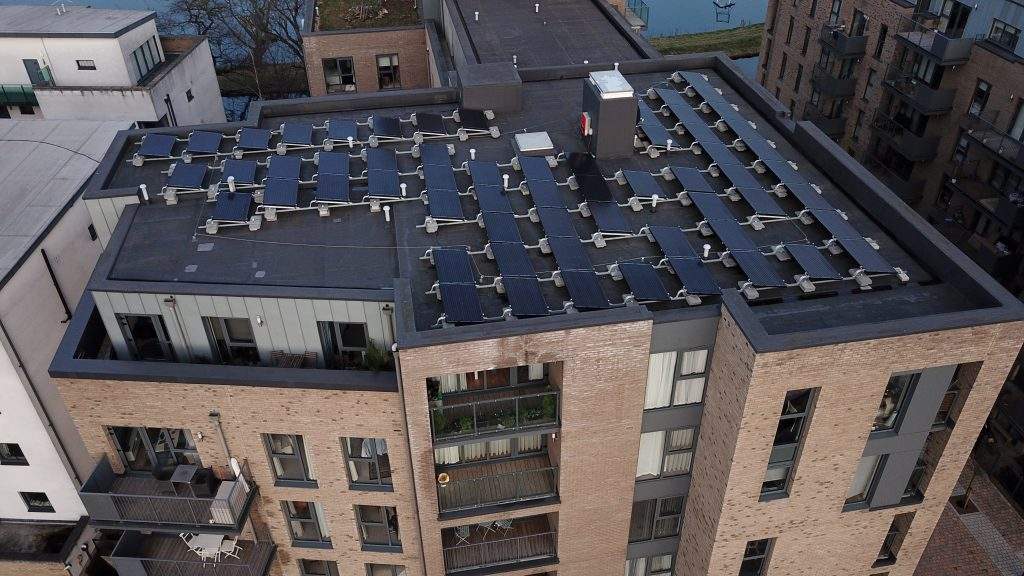Blog
Energy For All – The Benefits Of Community Solar Power

One of the main reasons why renewable energy is rising in its popularity is the fact that it is readily available for all. Unlike finite fossil fuels, resources like sun, wind and sea provide energy without us having to ‘use them up’. This idea of ‘energy for all’ can be taken further with the concept of communal projects involving multiple households or businesses. Community solar power, for example, is one way for a single solar power supply to benefit many.

What is community solar power?
Community solar power helps wider communities benefit from a group approach to installing renewable energy resources. For instance, grouping together to fit solar panels on a large surface or take over a nearby solar ‘farm’. The clean electricity that is generated is then directed to people involved in the project for their use. A key element is that the solar power and electricity is owned by the community itself. Profits and surplus electricity supplies are not subsumed by outside companies or investors. It keeps things local, transparent and accountable.There are many benefits from commercial solar installation in the community which are mentioned below.
Some forms of community renewable energy schemes include:
· Solar power systems (photovoltaic panels)
· Wind turbines
· Hydroelectric generation systems
· Electric vehicle charging facilities
· Renewable heat from heat pumps or biomass boilers
· Collective switching of energy suppliers to ‘greener’ companies
Investment opportunities
As well as having access to a reliable, community-led electricity source, those who choose to invest can also enjoy financial benefits. They normally see reductions in their electricity bills because they don’t have to rely so much on the National Grid. In addition, community investors can enjoy returns on their contributions in community solar power. This money is kept (and spent) in the local community, adding to the advantages for those involved. Any excess profits after paying community investors can be given to charities or local initiatives too.
Environmental efforts
The building which hosts the solar panels or power system will benefit from the electricity supplied, but so will many other houses and companies who join the scheme. This reduces their carbon footprint and increases the percentage of households and businesses using ‘green’ energy and clean energy.

Only having one system fitted also helps to cut emissions used and pollution generated during the installation process.Having a community solar power project nearby can also encourage other people to use it when they would normally have stuck to using fossil fuels. This switch from fossil fuels to renewable sources is one of the key solar power benefits in general.
Affordable energy
The cost reductions in running community solar power can have a trickle-down effect to those who might otherwise struggle with energy bills alone .Energy generation can be done with affordable community funds . The fact that electricity generated can be stored and used later (e.g. at night) could also make a difference, financially to those experiencing fuel poverty. It can keep the heaters on during winter and the lights on for community facilities at a lower price.
Help with setting things up

Anyone with an interest in setting up a community solar power initiative should contact their local authority first to see what they are allowed to do. There may also be grants, charity support or free advice available. Talk to local businesses too because they may have resources or contacts that could help. The Government also runs a Feed-in Tariffs (FITs) scheme to support individuals and organisations keen to set up a community solar project. FITs provide a sum of money for the electricity that is generated. This helps pay for the up-front costs of installation, which the group itself must fund.
Other ways to reduce energy use
As well as installing community solar power, there are many ways to help reduce non-renewable energy usage in the community. For instance, tips and advice on how to save energy in the office or home can be circulated. People needing help with insulating their home can be directed to avenues of support. Local amenities such as community halls can be adapted to use energy more efficiently. It’s also good to start young by educating children in local schools on how to use energy wisely and ways to help the community ‘go green’.
For more information about installing solar panels in the community , speak to an expert at UPS Solar.

